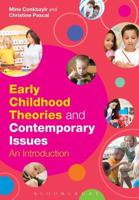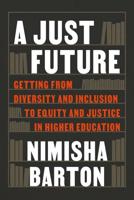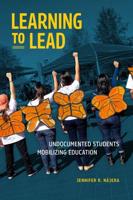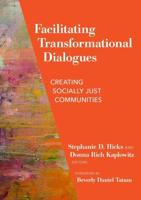Publisher's Synopsis
Global migration, the rise of popular nationalism, and the quest by diverse racial, ethnic, cultural, linguistic, and religious groups for recognition, civic equality, and structural inclusion within their nation-states have complicated the attainment of citizenship in countries around the world. Virulent and pernicious nationalism in some nations, including the United States, the United Kingdom, Hungary, Switzerland, and Italy, has made it difficult for migrant, refugee, and other marginalized groups to attain citizenship rights and to fully participate in their nation-states. The enormous increase in the number of migrant and refugees in many nations has also complicated citizenship acquisition for marginalized populations. In this book, scholars working in civic education from selected nations share perspectives, policies, research, and strategies for constructing and implementing civic education programmes that will help students from diverse racial, ethnic, cultural, linguistic, and religious groups attain political efficacy and become structurally integrated and fully participating citizens of their nation-states. This book was originally published as a special issue of the journal Intercultural Education.











